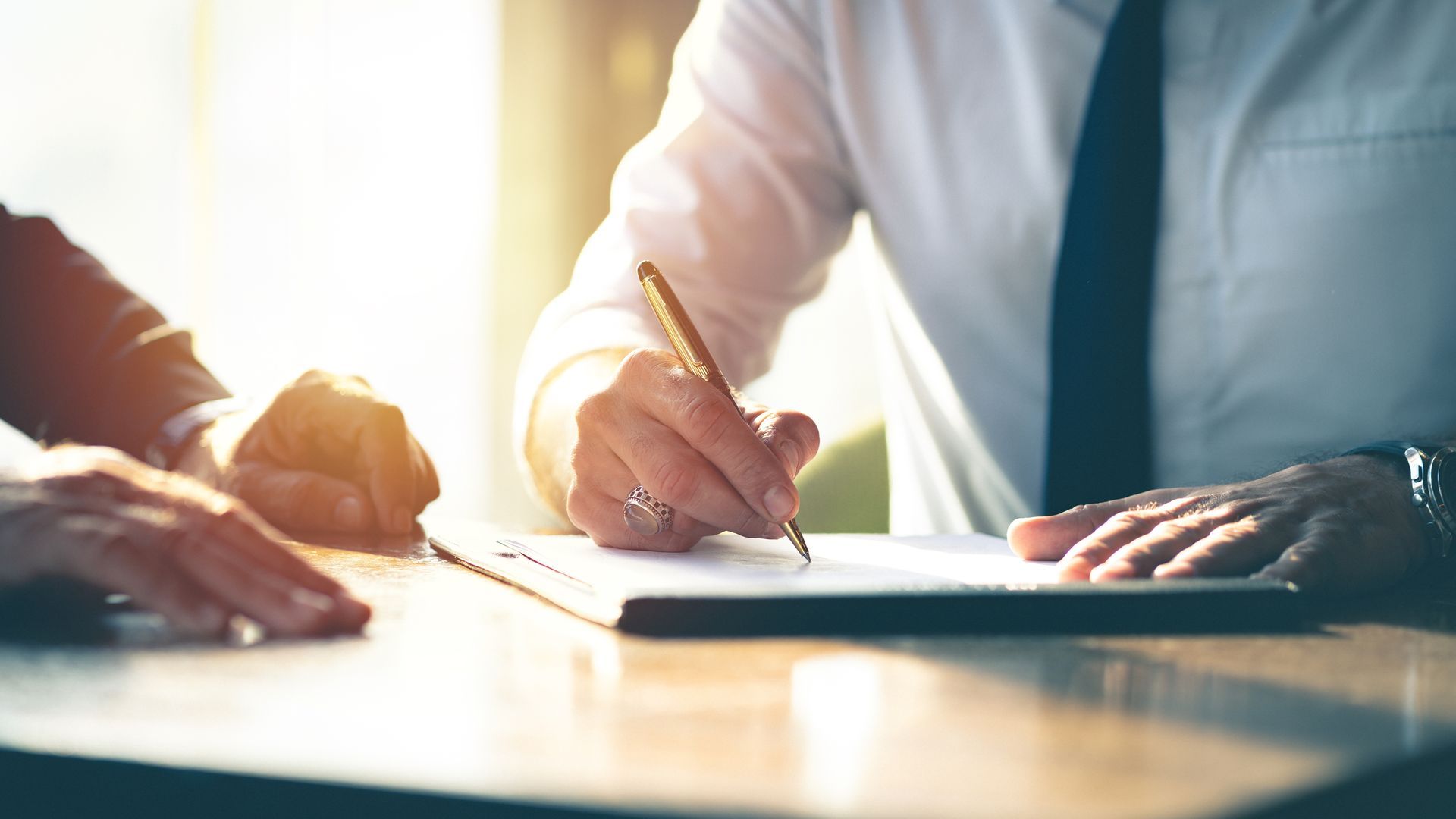Motorcycle accidents can be devastating, often resulting in serious injuries or even death. As a responsible rider, it is crucial to educate yourself on the common causes of motorcycle accidents in order to protect yourself and others on the road. In this blog, we will discuss the most common causes of
motorcycle accidents that every rider needs to be aware of. By understanding these potential risks and taking preventative measures, you can help ensure a safer riding experience for yourself and those around you.
The Leading Factor in Motorcycle Accidents
Speeding is a common cause of motorcycle accidents, often leading to devastating consequences for riders. Excessive speed reduces the rider's ability to react quickly to changing road conditions, increasing the likelihood of collisions. When motorcyclists exceed the speed limit, they put themselves and others at risk.
Factors Contributing to Speed-Related Accidents
- Reduced reaction time: Speeding decreases a rider’s ability to react promptly to obstacles or hazards on the road.
- Limited control: Higher speeds make it harder for riders to maneuver their motorcycles safely around curves or sudden stops.
- Increased severity of crashes: The impact of a crash at high speeds can result in more severe injuries or fatalities due to the force involved.
Speeding plays a significant role in motorcycle accidents, emphasizing the importance of obeying speed limits and riding responsibly for all motorcyclists.
The Dangerous Impact of Using Phones and Other Devices
- Cell phones and other electronic devices have become a prevalent source of distraction for motorcyclists, leading to an increased risk of accidents on the road.
- Texting, calling, or even changing music while riding can take your attention away from the task at hand, making it harder to react quickly to unexpected situations.
- Even a split-second distraction can have devastating consequences when you're on a motorcycle, where every move counts towards your safety.
It's crucial for riders to prioritize their focus on the road ahead and avoid distractions such as cell phones or any other electronic devices that could impair their ability to ride safely. By staying alert and fully engaged in their surroundings, motorcyclists can significantly reduce the likelihood of being involved in accidents caused by distracted riding.
How Alcohol and Drugs Contribute to Motorcycle Crashes
- Riding under the
influence of alcohol or drugs significantly increases the risk of accidents for motorcyclists.
- Impaired riders have slowed reaction times, reduced coordination, and impaired judgment, making them more susceptible to crashes.
- Alcohol is a common factor in motorcycle accidents, with even small amounts affecting a rider's ability to operate their bike safely.
When it comes to riding a motorcycle, being under the influence of alcohol or drugs can have deadly consequences. Riders must always prioritize their safety by staying sober while on the road.
The Lack of Proper Training for Motorcycle Riders
- Education is Key: Many motorcycle accidents occur due to a lack of proper training. Riders must understand the rules of the road, as well as how to handle their bike in various situations. Without this knowledge, they are at a higher risk of being involved in accidents.
- Skill Development Matters: Riding a motorcycle requires specific skills that can only be developed through practice and training. From braking techniques to cornering abilities, riders need to constantly hone their skills to stay safe on the road.
- Invest in Training Programs: To reduce the likelihood of accidents, riders should consider enrolling in formal training programs such as safety courses or advanced riding classes. These programs can provide valuable knowledge and hands-on experience that can make all the difference when out on the road.
Contact Day Injury Law After a Motorcycle Accident in Athens, GA
Day Injury Law is ready to get you back on your feet after being involved in a motorcycle accident. We can assess the value of your claim, taking into account medical expenses, lost wages, and pain and suffering, which might not be apparent to someone without legal training. Additionally, a lawyer can effectively negotiate with insurance companies, who often aim to minimize payouts.
Attorney Chad Day is ready to fight on your behalf when you need help on your car accident case. We serve Athens, GA and dozens of surrounding cities for their personal injury cases.
Contact us today for a complimentary consultation!
Day Injury Law
1120 Mars Hill Road Ste 8
Watkinsville, GA 30677
(706) 425-4500
https://www.athenspersonalinjuryattorney.com/


Watkinsville Location
1120 Mars Hill Rd Ste 8,
Watkinsville, GA 30677
(706) 425-4500
Athens Location
By Appointment Only
112 Park Ave,
Athens, GA 30601
(706) 425-4500
All Rights Reserved | Day Injury Law

